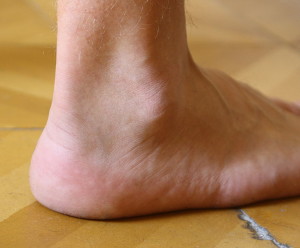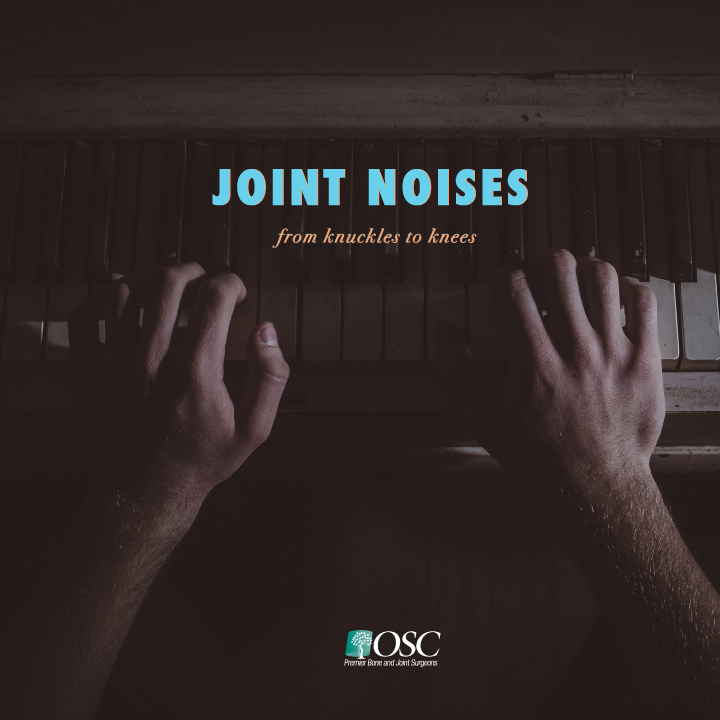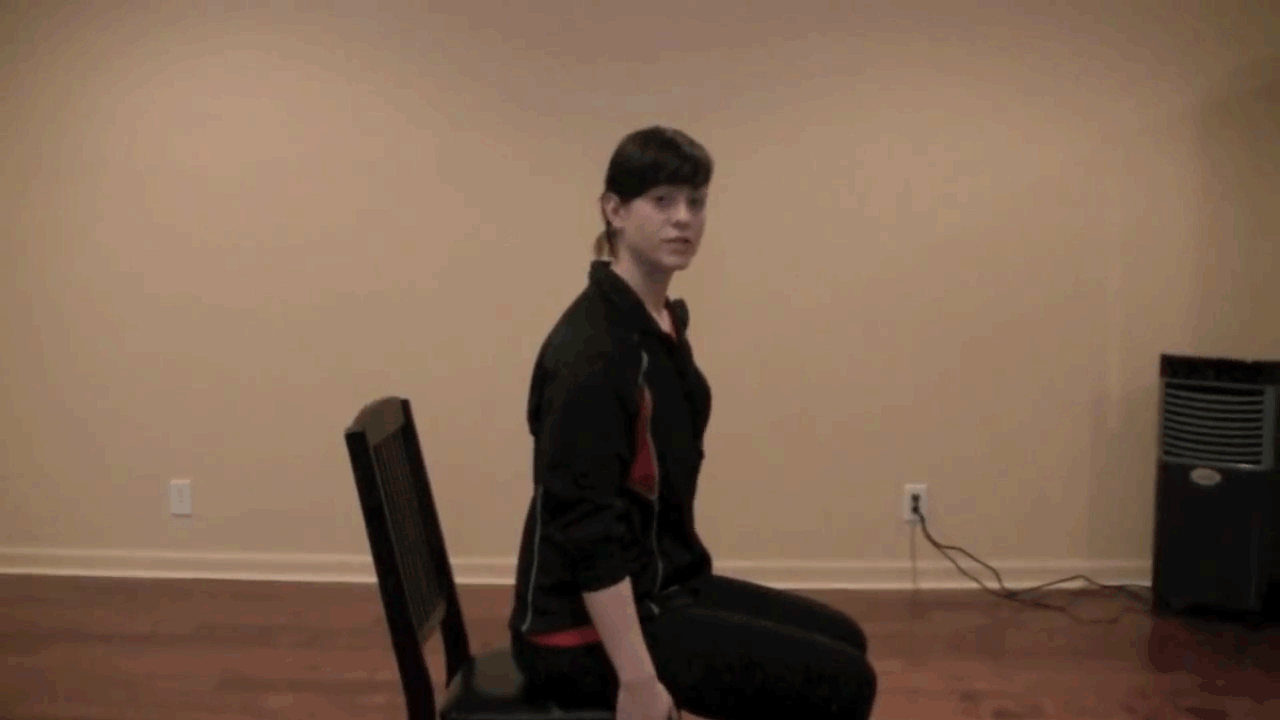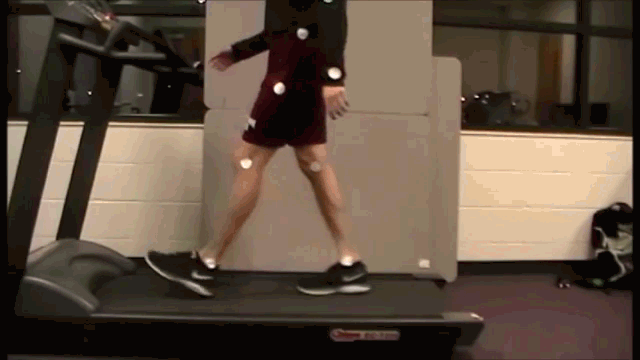
You’ve heard the phrase about your Achilles’ heel and how it can be your weak link in an otherwise healthy, strong, body. While there is accuracy to the expression, the Achilles tendon is actually the thickest and strongest tendon in the body and it is hard at work for you each day.
When the calf muscles contract, the Achilles tendon pushes the foot downward, enabling such activities as standing on the toes, walking, running, and jumping. Depending upon the motion, the Achilles tendon may actually be subject to up to twelve times a person’s body weight. Despite its strength, however, the Achilles tendon is vulnerable to injury, due to its limited blood supply and high demands placed on it.
Mild in nature, Achilles tendonitis is inflammation at the end of the Achilles tendon, causing pain and stiffness at the back of the heel. Frequent, repetitive activities requiring the Achilles tendon is often to blame for this condition. Commonly mistaken for tendonitis, Achilles tendinosis is a gradual thickening of the tendon, without apparent inflammation, due to aging or overuse. Despite the thickening, the tendon is weakened and prone to further injury or rupture.
The Achilles tendon may also experience mild to severe tears. The larger tears will often cause pain, swelling, and impaired movement. More common among middle and long distance runners, tears may occur suddenly during activity, or gradually over time.
Much more severe, Achilles tendon rupture can be a complete or partial tear of the Achilles tendon which commonly makes a “pop” sound upon injury, followed by pain and swelling of the lower leg. Achilles tendon ruptures can happen to anyone, but is most likely in middle age athletes doing activities with little training.
Prevention of Achilles tendon injuries includes stretching calf muscles, varying your exercise regimen, and increasing training intensity slowly. A general rule for increasing distance, duration and frequency of your training is no more than 10 percent each week.
Regardless of the particular Achilles tendon injury, it is important to consult with your physician early for accurate diagnosis and treatment.





